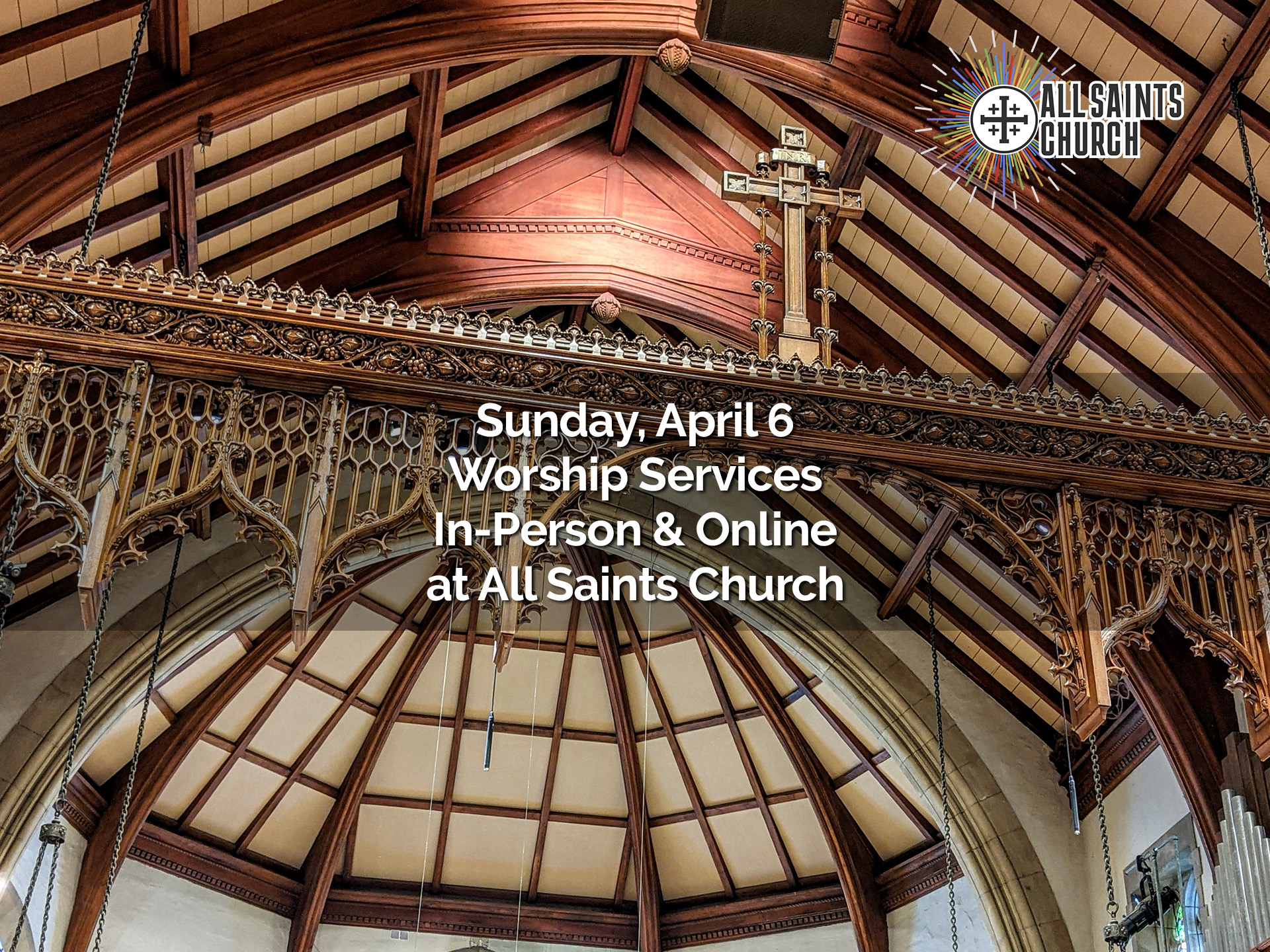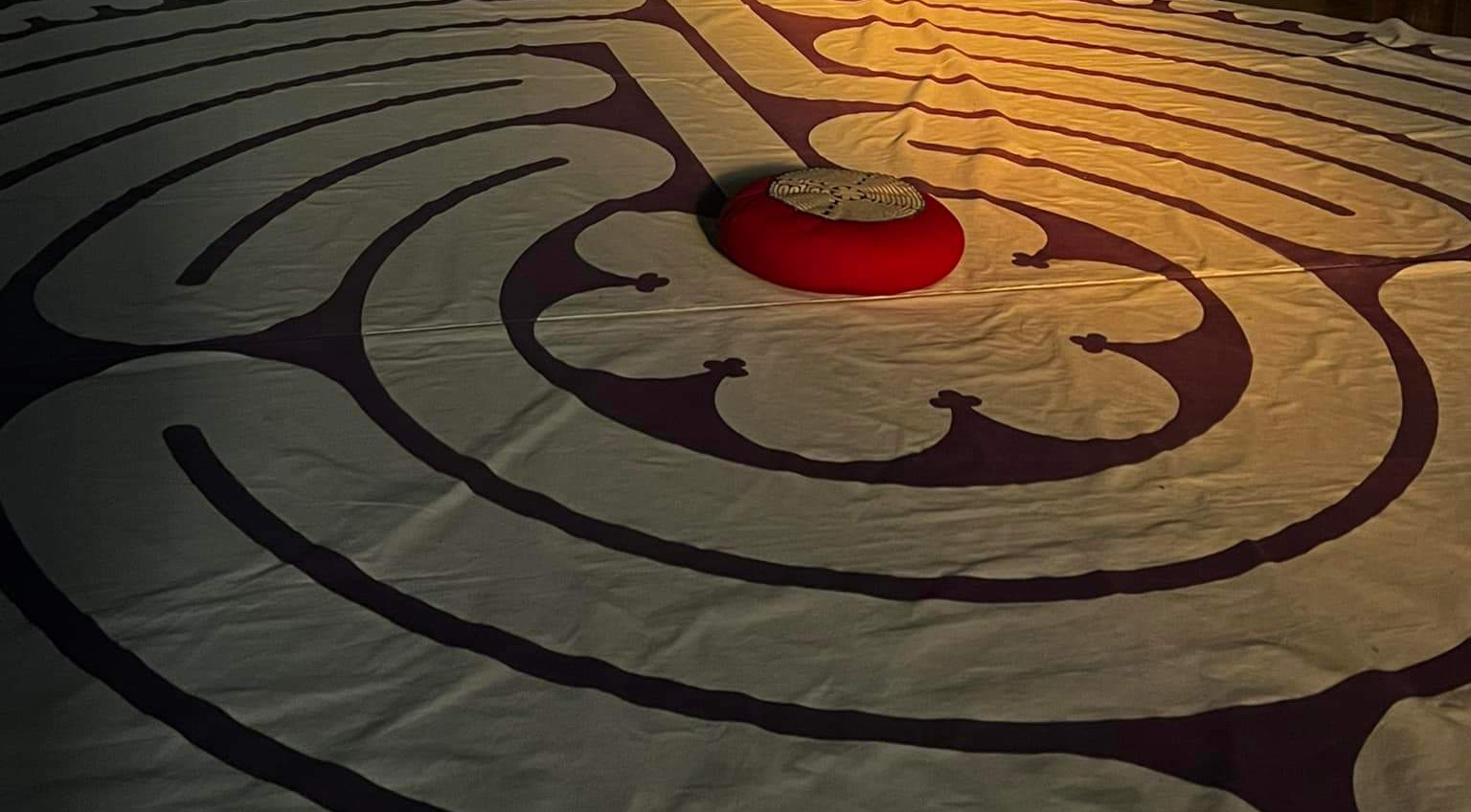Here’s the Gospel for this coming Sunday — the Twelfth Sunday After Pentecost — with food for thought on the watershed moment of Jesus straddling two worlds on the border between Israel and the land of the Gentiles, where the church will be born through Peter’s identifying Jesus as the Messiah — and Jesus’ response … Gnaw away!
12th Sunday after Pentecost: Matthew 16:13-20
When Jesus came to the neighborhood of Caesarea Philippi, he asked the disciples this question: “Who do people say that the Chosen One is?” They replied, “Some say John the Baptist, others say Elijah, still others Jeremiah or one of the prophets.” “And you,” he said, “who do you say that I am?” “You are the Messiah,” Simon Peter answered, “the Firstborn of the Living God!”
Jesus replied, “Blessed are you, Simon begot of Jonah! No mere mortal has revealed this to you, but God in heaven. I also tell you this: your name now is ‘Rock’ and on bedrock like this I will build my community, and the jaws of death will not prevail against it. I will give you the keys to the reign of heaven: whatever you declare bound on earth will be bound in heaven, and whatever you declare loosed on earth will be loosed in heaven.” Then Jesus strictly ordered the disciples not to tell anyone that he was the Messiah.
The Backstory – What’s Going On Here?
From last Sunday’s story of Jesus’ confrontation with the woman from
Canaan, the lectionary skips over another feeding story (this time 4,000)
and more confrontations — this time with the Saducees in addition to the
Pharisees — before getting to this watershed moment.
Jesus is in the district of [1]Caesarea Philippi, which is on the border
between Israel and the land of the Gentiles. They are straddling two worlds
… and it is here where the church will be born through Peter’s confession
and Jesus’ response.
This is not the first time Jesus has been identified as the Son of God.
[2]The Holy Spirit announced it at his baptism and most recently, [3]the
disciples themselves said “truly you are the Son of God” to Jesus after he
came to them on the water and calmed the waves.
But Peter doesn’t just identify Jesus as the Son of God, but the Messiah.
That’s a huge leap. Prophets and others have come from God and have claimed special relationship with God … but there is only one Messiah, one who will save the people and free them from their enemies. Peter is naming
Jesus’ special relationship with Israel … and the only way he can do that
is by claiming Jesus’ messiahship of himself. Peter, the one who stepped
out of the boat, is the rock on which the church is built because he gives
the Christ ownership of his life.
A few things to chew on:
*”Blessed are you, Simon, son of Jonah.”
“… and I tell you, you are Peter.”
Names are important. They signify our deepest identity. If you know
someone’s name, you have the power to bless or curse them. In using these
two names, Jesus is claiming who Peter truly is and also accepting power
over him. First, Jesus doesn’t just say, “you are Simon” but “you are
Simon, begot of Jonah.” Jonah was swallowed by the great fish and died only to be reborn as a truer servant of God. Twice in Matthew, Jesus has
referenced Jonah ([4]MT 12:38-41 – equating Jonah’s 3 days in the fish to
his 3 days between death and resurrection. Most recently in MT 16:4 where
he tells the Pharisees and Saducees, who have asked him for a sign from
heaven that [5]the only sign they will get is the “sign of Jonah.” At the
heart of Simon is the call to die and be reborn … and in Christ that
happens, and he is reborn as Peter, the rock on which the church is built.
*Jesus says of this new church, “the jaws of death will not prevail
against it.” These are words of great hope … but also a warning that the
church will always be under attack. In fact, one of the canaries in the
coal mine for the church is if it is not under attack … if it is not a threat to anyone or simply not interesting enough to be worth dealing with or disagreeing with. And that’s not just (or even primarily) the church as
an institution but the church as all her members. Evidence of discipleship
is conflict. Evidence of discipleship is paying a cost. Is our church, is
our faith, is our discipleship laying low or under attack. And what does
that say about us? Who would Jesus say that we are?
Try This:
“Whatever you bind on earth will be bound in heaven, and whatever you loose on earth will be loosed in heaven.”
If we, too, are to move from being Simon, son of Jonah, to being Peter —
it is a process of binding and loosing. Of taking things on and — perhaps
most difficultly — of letting things go. This week, take a few minutes at
the beginning of each day and think about what you need to grasp more
tightly, and what you need to let go of. Then ask Christ in prayer to help
you. Ask Christ to help you grasp onto him more tightly … and to let all
the other things we grasp on instead of him loose.
Write this:
Jesus’ question, “Who do you say that I am?” is one we answer in different ways at different times in our life, at different places on our journey. This week in your journaling, reflect on how that answer has changed and is changing. Write about how you would have answered that question earlier in your life, how you answer it now … and what that says about your journey of faith.
Jesus, Who do you say that I am?
“You are Peter.”
Who are you?
In last Sunday’s Gospel, the Canaanite woman reminded Jesus who he was —
that it was not the prejudice that he had learned growing up but that he
was “Lord, Son of David,” that he was a healer and reconciler of all.
This Sunday, the question has not gone away. Jesus asks the disciples “Who
do you say that I am?” And Simon gets the answer right — “You are the
Messiah, the Son of the Living God.”
But then Jesus takes it a step further. He doesn’t ask Simon who he is …
he tells him. He tells him who he is and who he will be.
“You are Peter, and on this rock I will build my church.”
Simon could have said, “No, I’m not!” We all have that power. But he
didn’t. Instead he said, “Lord, if that’s who you say that I am, that is
who I am, that is who I will be.”
When we are born, our parents name us. But as we grow up, we have power
over what we are called. We have the power to name ourselves. But following Jesus means taking that power and giving it to him.
It means saying , “Jesus, who do you say that I am?” Realizing that we
exist for one reason and one reason only … to give our lives to Christ
and to follow Christ into the heart of God.
So who does Jesus say that we are? A piece of that answer for all of us is
“You are my beloved” — and that is our salvation. But then there are
specific answers, specific names Jesus gives to us.
Sometimes we have different names at different times of our life. Sometimes
a situation will arise like what is happening in our nation right now, and
Jesus will — if we have ears to hear (and prayer helps!) — point to us
and say:
“Maybe yesterday you were a cook, but today you are a teacher.”
“Maybe yesterday you were a fast-food clerk, but today you are a prophet.”
“Maybe yesterday you were a priest, but today you are a janitor.”
The question, “Jesus, who do you say that I am” is one that should never be
far from our lips. For we are all the rock on which Jesus builds and
rebuilds and rebuilds the church again.
And as long as we keep asking the question and following the answer,
nothing will prevail against it.
Check out the rest of Sunday’s readings
The Lectionary Page has all of the readings for this Sunday and every
Sunday[6] – just click here[7].
Collect for Sunday
Pray this throughout the week as you gnaw on this Gospel.
Grant, O merciful God, that your Church, being gathered together in unity
by your Holy Spirit, may show forth your power among all peoples, to the
glory of your Name; through Jesus Christ our Lord, who lives and reigns
with you and the Holy Spirit, one God, for ever and ever. Amen.
Want to read more?
[8]“The Text This Week” is an excellent online resource for anyone whowants to dive more deeply into the scriptures for the week.
. . . . . . . . . . . . . . . . . . . . .
References
1. http://en.wikipedia.org/wiki/Caesarea_Philippi
2. http://bible.oremus.org/?ql=180422064
3. http://bible.oremus.org/?ql=180422165
4. http://bible.oremus.org/?ql=180421889
5. http://bible.oremus.org/?ql=180421957
6. http://www.lectionarypage.net/YearA_RCL/Pentecost/AProp16_RCL.html
7. http://www.lectionarypage.net/YearA_RCL/Pentecost/AProp15_RCL.html
8. http://www.textweek.com/



